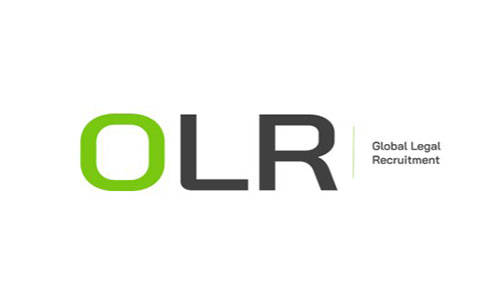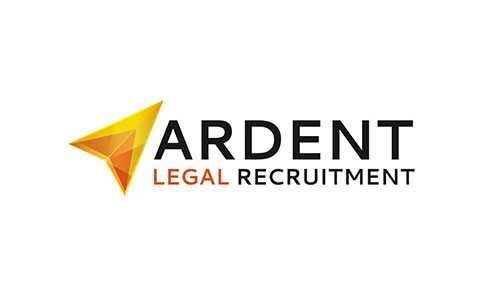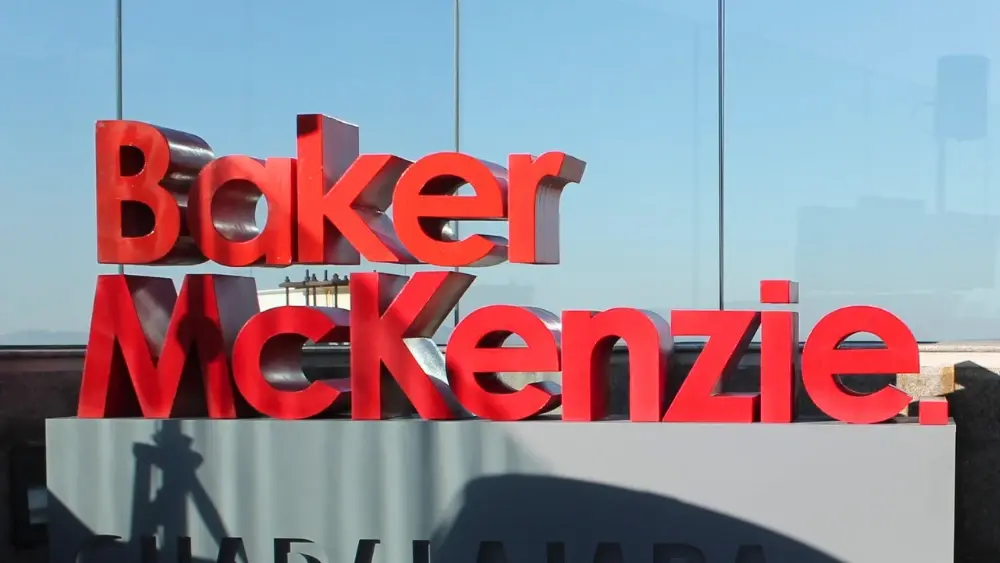Bar regulator backtracks on controversial new diversity duty after backlash

The Bar Standards Board has scrapped plans to impose a new duty requiring barristers to actively promote equality, diversity and inclusion.
Instead, it will develop a five-year strategy focused on collaboration with the profession after strong pushback from the Bar Council.
The Bar Standards Board (BSB) has dropped controversial plans to impose a new positive duty on barristers to advance equality, diversity and inclusion (EDI), following strong criticism from across the profession.
The proposals, first floated in a consultation launched last September, would have rewritten core duty 8 - which currently prohibits unlawful discrimination - to instead require barristers to "act in a way that advances equality, diversity and inclusion". They were part of a broader review of the BSB’s equality rules, which aimed to tackle barriers to entry at the Bar.
But the plan faced fierce opposition from the Bar Council (the body that represents barristers), which called the proposals "substantially unlawful and unenforceable", warning they risked introducing costly legal uncertainty and undermining existing EDI efforts.
Regulator retreat
In a statement today (27 May), the BSB confirmed it will not move forward with the changes. Instead, the regulator will work with the profession to develop a new five-year strategy that relies on collaboration, rather than rule changes, to drive progress.
The move marks a major climbdown from the BSB, which had argued the new duty was necessary to accelerate progress for underrepresented groups. While representation of women and ethnic minority barristers has improved in recent years, both groups, along with barristers with disabilities and those from lower socio-economic backgrounds, remain underrepresented at senior levels and face lower average earnings.
BSB chair Kathryn Stone OBE said the consultation showed a clear appetite for change, but a strong preference for "a collaborative, rather than rule-based, approach." Director general Mark Neale called it a "practical, not ideological" challenge - one that would require cultural change and buy-in from across the profession.
Bar Council welcomes decision
Bar Council chair Barbara Mills KC welcomed the U-turn, saying the original proposals would have "taken us backwards" and lacked the clarity barristers need to comply with their regulatory duties.
"We’re pleased that the BSB has genuinely listened to feedback from the Bar", she said.
The Bar Council said it would work closely with the BSB on the development of its new strategy.
Join 10,000+ City law professionals who start their day with our newsletter.
The essential read for commercially aware lawyers.







